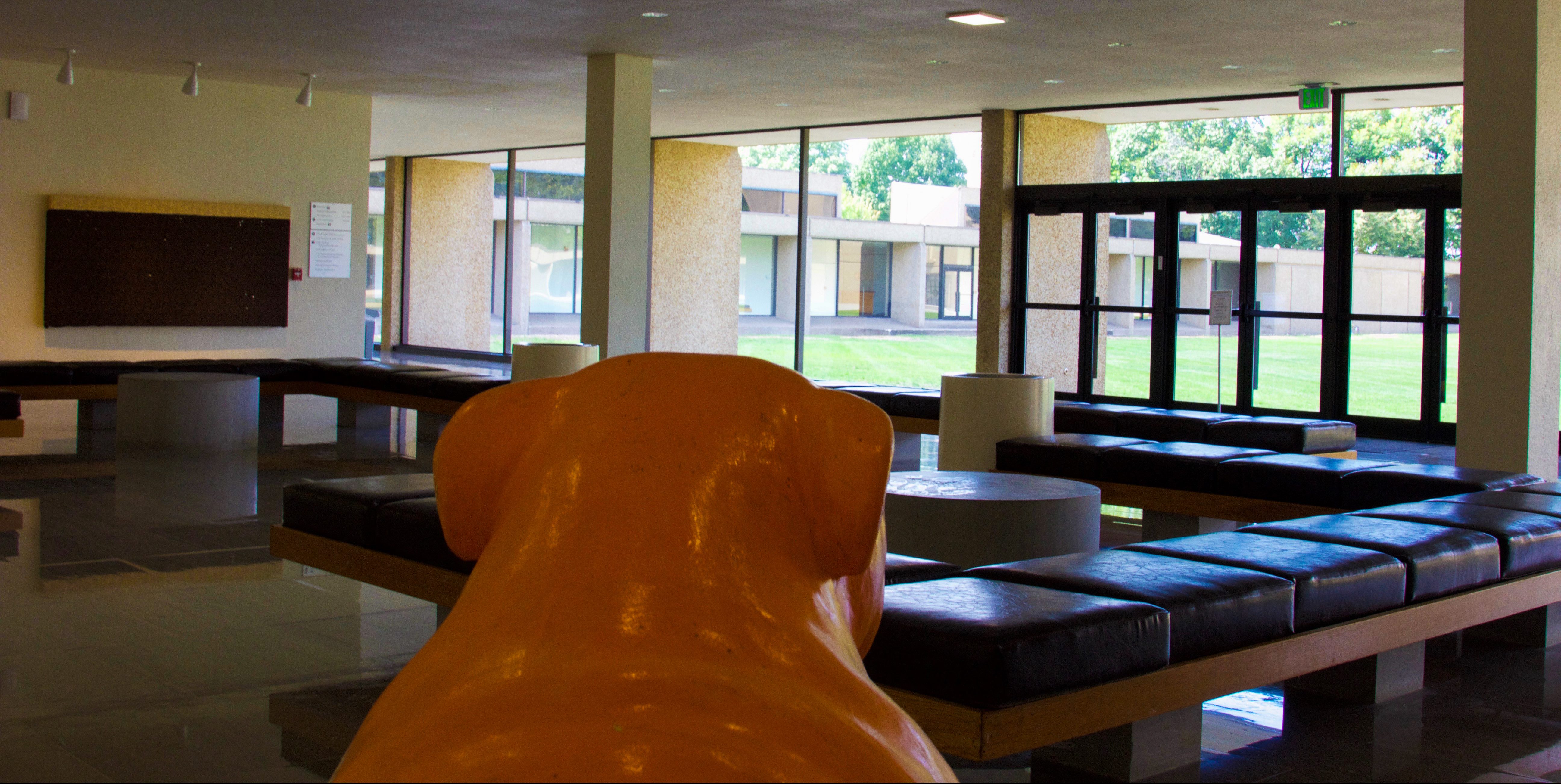Senior College of Education students adapt to student-teaching online. Collegian file photo.
ANNIE FAULKNER | STAFF REPORTER | aefaulkn@butler.edu
For College of Education seniors, the final semester at Butler University is typically spent student-teaching at schools in the Indianapolis area. This experience is formative for aspiring educators, preparing them to teach on their own in a classroom for the first time. However, in the midst of the coronavirus pandemic, Governor Eric Holcomb signed an order on March 19 closing all Indiana schools until May 1.
While student-teaching time in the physical classroom has come to an end for most Butler seniors, many are continuing to assist the teachers who mentor them through a sudden shift to remote learning.
Riley Strauss, a senior elementary education major, is teaching third grade at Pleasant View elementary in Zionsville this semester. His students, like Butler students, are using Canvas and Zoom to do the majority of their schoolwork.
“This week I’ve been ‘observing’ so that I can get used to the materials and resources,” Strauss said in an email to The Butler Collegian. “But starting next week I will be teaching as much as possible, whether it’s through a live video conference or pre-written assignments that I’ll make available to the students.”
Many school districts, however, are facing challenges in the adjustment to remote learning.
Sara Lefere, a senior elementary education major, is teaching Pre-K at IPS 55, the Butler Lab School, this semester.
Lefere said many students at her school do not have access to electronic devices or WiFi at home, so she has been reaching out to many of her students’ families over the phone to help establish a remote learning strategy.
“A lot of it has been asking parents what works for them, like ‘do you have access to a printer so you can print off resources that the kids can work on independently?’” Lefere said. “‘Is it more helpful to give you a list or a schedule or an outline of the day, or is it better to give activities that you can do whenever works best? Is it better to get daily versus weekly assignments, working at your own pace, or trying to complete things each day?’”
Despite the uncertainty of this unprecedented situation, several COE seniors said their professors have been supportive through the changes that have occurred in recent weeks.
Maggie Risley, a senior elementary education major, said professors in COE have been communicating daily with senior students over email and through other mediums, such as Google Docs.
“[Our professors have] just done a great job of helping us come up with ideas, and how we can support our mentor teachers, because again they’re just as surprised about all of this as we are,” Risley said.
Lefere said the education professors have gone as far as to provide their students with a month’s supply of TED Talks and Podcasts discussing topics like motivation and happiness, as well as education, to support students through this time. She said COE faculty is doing the best they can in light of the situation.
“Now that we can’t meet physically as a group, it’s hard for us, because we’re a bunch of outgoing people-people,” Lefere said. “We all enjoy being around our students and our fellow teachers. And now that that piece has been taken away from our class, I think they’re struggling as well. But they’re making the best out of a challenging situation.”
While the e-learning that Butler students are now helping to conduct is atypical of a student-teaching experience, these education students said they will still gain valuable experiences from adjusting to the pandemic.
“I believe one of the most important traits in an educator is being able to adapt,” Strauss said in an email. “No lesson, discussion or day will go as planned — and now it’s clear that we can’t even plan out the basic structure of a semester. If anything, this experience is teaching me how to adapt to unexpected situations.”
Despite the semester not going as planned, education seniors said these circumstances will allow them to develop real-world problem solving skills.
“I was for sure worried about losing that experience [in the classroom], but I think this is another way for us as educators to push us to think outside the box and try to get ready for those uncertainties that we will be facing next year when it is our own classroom,” Risley said.



